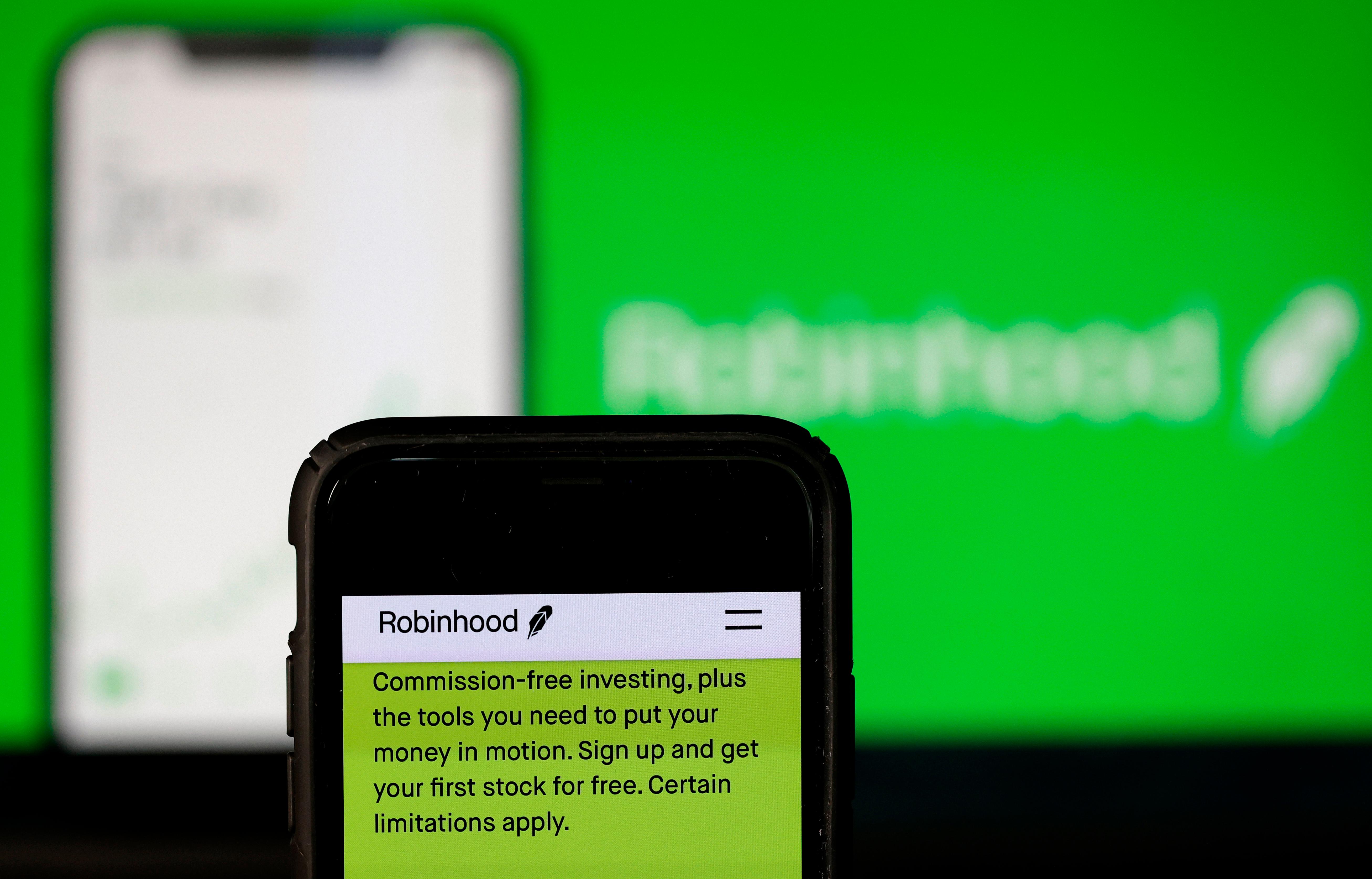Lost Money on Robinhood? Here's How It Impacts Your Taxes
Stock market wins and losses are a taxation factor, but the losses could work in your favor. How do investors claim lost money on Robinhood?
March 3 2021, Published 2:37 p.m. ET
Not everyone was a stock market winner in 2020. Despite that, people continued to pile into the market. Most of the newbies were younger and more diverse than the previous retail investor population, according to a FINRA study. If Robinhood was your investing tool of choice during the year, you might have won big—or you might have lost your capital.
Here's how Robinhood losses tie into your taxes.
Do you pay taxes on stocks if you lost money?

IRS Building
You only owe taxes on a stock after you sell it. You can hold a stock for 40 years and never pay taxes on it until you decide to let it go. After you sell, you can either earn capital gains (or a profit over your cost basis) or capital losses (meaning you've earned less than what you initially paid for the stock).
Capital gains are taxed in two ways. There are short-term capital gains (for securities held for less than a year), which are taxed at the ordinary income rate based on your tax bracket. Then, there are long-term capital gains (for securities held for a year or more), which are taxed at a much lower rate—for some on the lower end of the tax bracket spectrum, that rate might even be zero percent.
On the other side of the coin, you've got your capital losses. You don't pay taxes on capital losses. However, investors often have a mix of both capital gains and losses, depending on how their diverse securities fared while they held them.
Because of this, you can actually use capital losses to offset your gains up to $3,000. For example, if you've got $6,000 in capital gains for the year but $3,000 in losses, you only have to pay the taxes on $3,000, with the rate being based on long-versus-short-term holdings.
How Robinhood impacts your taxes
As a trading platform, Robinhood impacts your taxes. Robinhood provides a 1099 form (one for securities and one for cryptocurrencies) traded on their platform. You should receive this 1099 in the email associated with your account.
If you have capital losses, the form will help you determine how much and if you can use them to offset any gains you might have. Capital losses are only used to offset gains, not a general deduction.
Reporting Robinhood gains and losses on your taxes
Remember, you only pay taxes on realized gains. If you are still holding onto your securities, you don't need to worry about it. And if you only have losses—I'm sorry. But on the plus side, you won't have to pay any kind of capital gains taxes for 2020, which could ease your sorrows to an extent.
When it comes time to report your earnings, you'll head to the Schedule D form for Capital Gains and Losses. This includes stocks, but it also involves other capital assets like homes, cars, artwork, collectibles, and bonds. Whatever you do, don't avoid reporting stock gains and losses.

